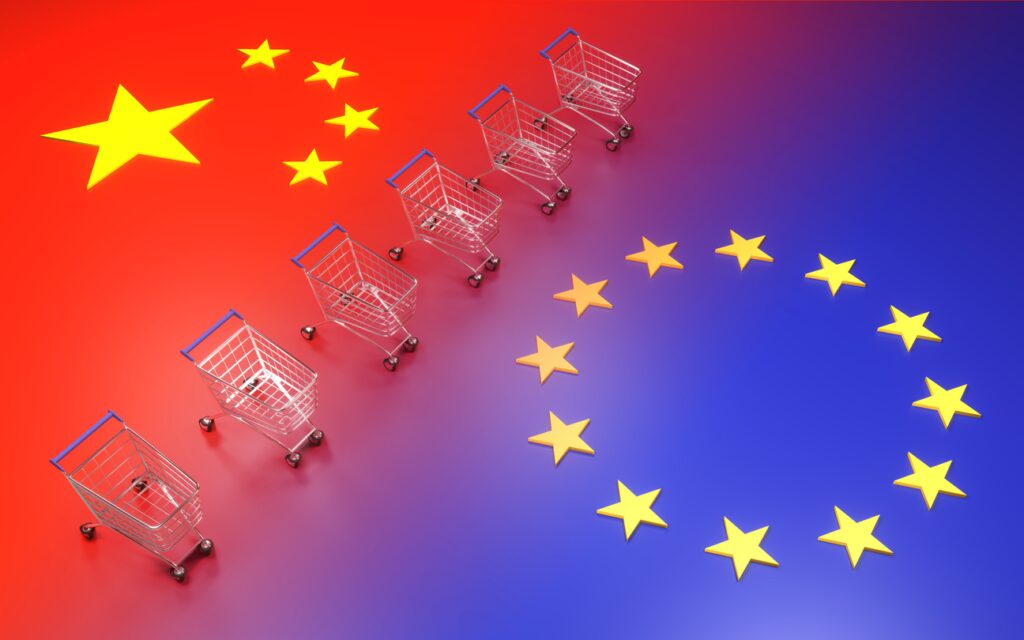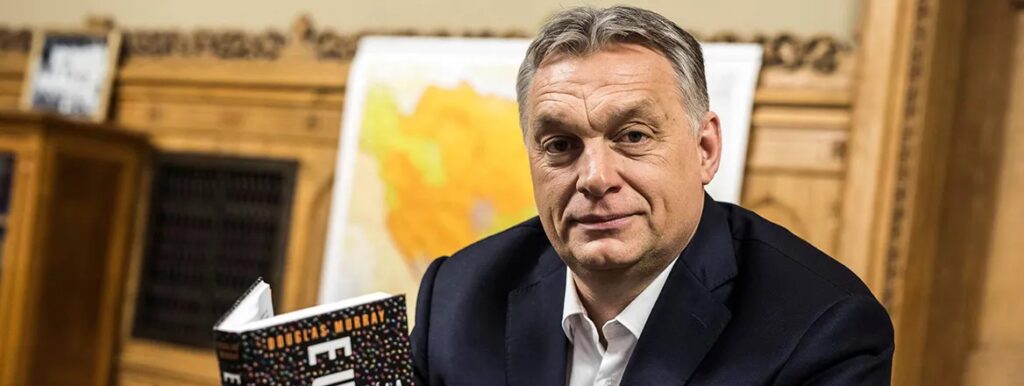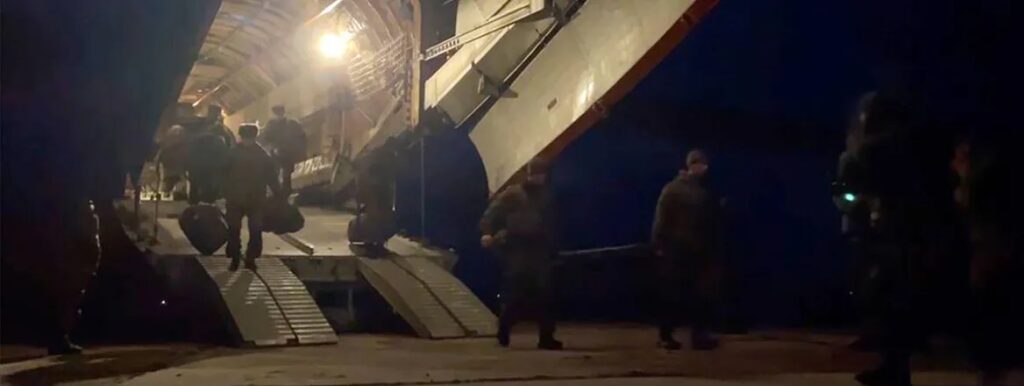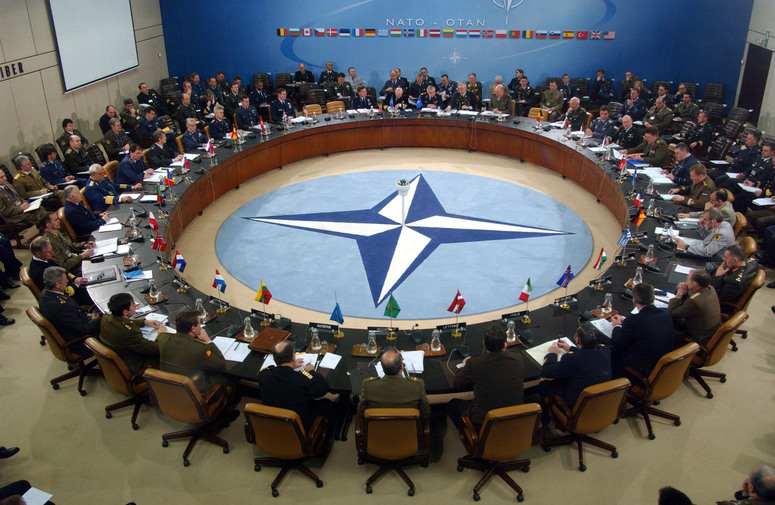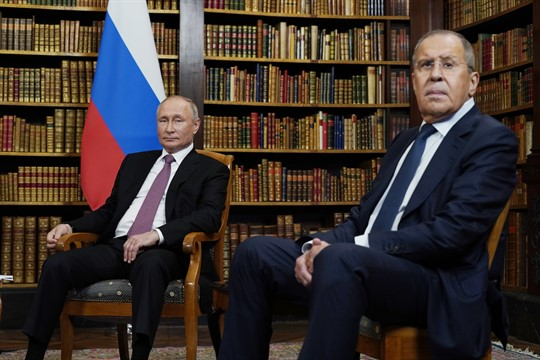Tunisia’s Kais Saied becomes an ordinary politician

Many analyses of Tunisia post July 25 have concentrated on assessing President Kais Saied’s reshaping of the political system in terms of where they place Tunisia in a binary classification system of “democracy” or “authoritarianism/dictatorship.” Some of these transitology studies are slightly more nuanced, inserting a linearity or hybridity to the assessment schema. More critical analysts have pushed back against U.S. political scientists’ focus on procedural democracy. Rather than attempting to more accurately slot Tunisia into the “democracy transition” or “regime type” framework, this paper assesses the post-July 25 political system with reference to the legacy of Tunisia’s own revolution of 2010-11.

